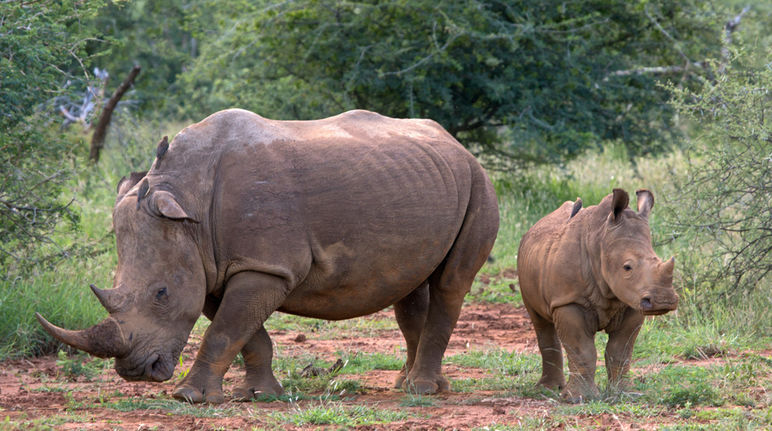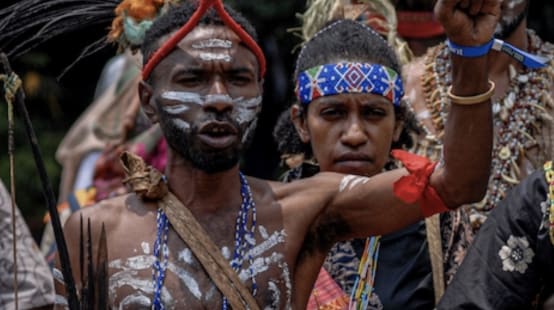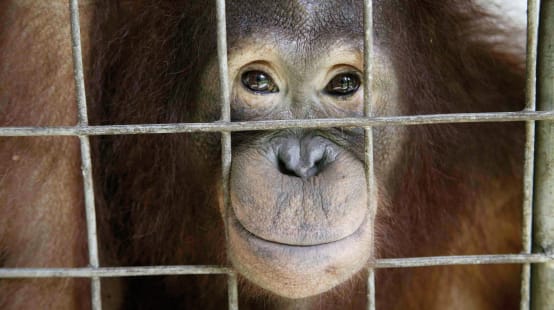Take a stand for South Africa’s rhinos!
 Rhinos in the wild – soon to be history? (photo: Martha de Jong-Lantink – CC BY-NC-ND 2.0) (© Martha de Jong-Lantink - (CC BY-NC-ND 2.0))
Rhinos in the wild – soon to be history? (photo: Martha de Jong-Lantink – CC BY-NC-ND 2.0) (© Martha de Jong-Lantink - (CC BY-NC-ND 2.0))
South Africa’s rhinos are on the brink – the government wants to legalize trade in rhino horn in an attempt to curb poaching. When this was tried in the past with ivory, a massacre ensued. Please tell the South African government to abandon this wildly misguided proposal.
Call to actionTo: the governments of the Republic of South Africa and member countries of the CITES convention
“Do not legalize trade in rhino horn. Experience has shown that this will not curb poaching, but could trigger a massacre.”
Poachers are killing rhinos in unprecedented numbers. In South Africa in 2014, more than 1,200 were poached, up from 13 in 2007. If this continues, rhinos could soon be extinct in the wild. And yet the government wants to legalize trade in rhino horns – essentially issuing an invitation to poachers. A bloodbath is looming.
South Africa hopes that legalization will undermine the crime syndicates behind poaching. In theory, a controlled legal market could cause the price of rhino horn to plummet and make poaching unviable. Trade would be limited to the horns of animals that died of natural causes. Alternatively, the horns could be "harvested" from live rhinos.
History has shown the unintended consequences of this idea. When South Africa and three other African countries briefly legalized the trade in ivory in 2008, poachers went on a rampage. This must not happen again.
Legalizing the trade in rhino horn would only play into the hands of organized crime and drive the rhino’s impending extinction. Poachers are highly adaptable: as the legalization of the ivory trade has shown, they could then bribe officials monitoring the trade for a convenient way to launder poached horn.
The legalization would also fuel demand for rhino horn. Asians who may have shunned illegal horn in the past would have no such reservations once it is freely available.
To set up a legal rhino horn market, South Africa will need to get the other member states of the Convention on International Trade in Endangered Species of Wild Fauna and Flora (CITES) on board. The decisive conference will take place in Cape Town in 2016.
It’s not too late to put an stop to South Africa’s plan. Call on the government in Pretoria and the member countries of the CITES convention to protect rhinos instead of becoming accessories to their extinction.
LetterTo: the governments of the Republic of South Africa and member countries of the CITES convention
Excellencies,
Poachers in South Africa are killing rhinoceroses at a rate that will lead to their extinction in the near future. For many years, governments in Africa and beyond, international organizations and environmentalists from around the world have been working to stop the slaughter.
Rhinos – like other animals suffering at the hands of poachers – are close to the hearts of people the world over. The plan of the South African government to legalize the trade in rhino horn is a slap in the face of everyone who is dedicated to the survival of the species.
Legalization would play into the hands of the international criminal organizations behind poaching. A legalization would result in a massacre of rhinos comparable to the mass killings of elephants after the ivory trade was permitted in 2008.
Rhinos must be protected. Their horns are not a commodity.
Please ensure that the ban on the rhino horn trade remains in place without exceptions and is effectively enforced. Take a stand for the survival of the rhino.
Sincerely,













 Recent successes
Recent successes